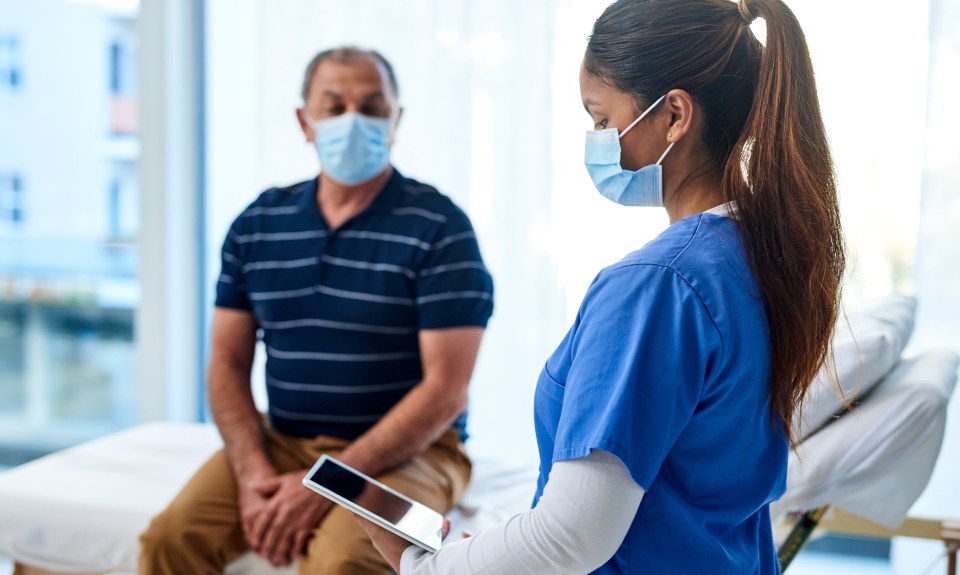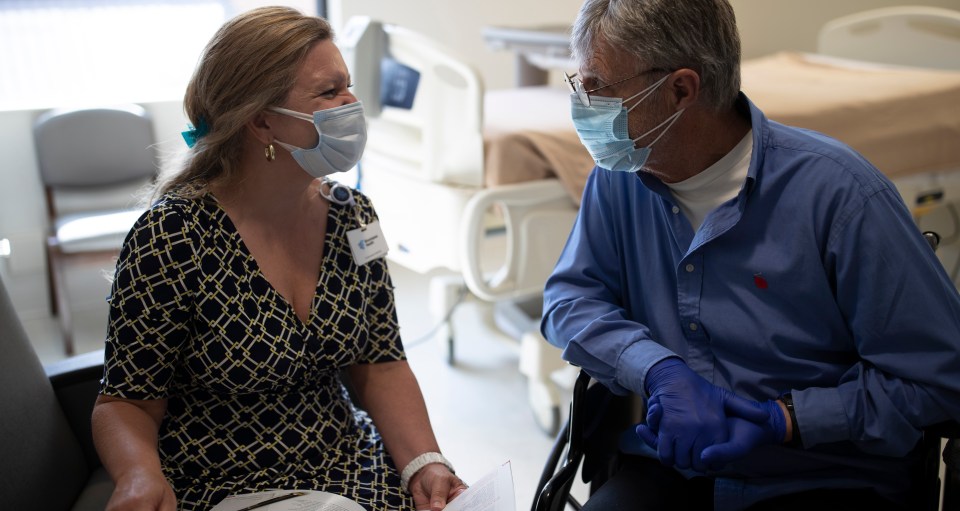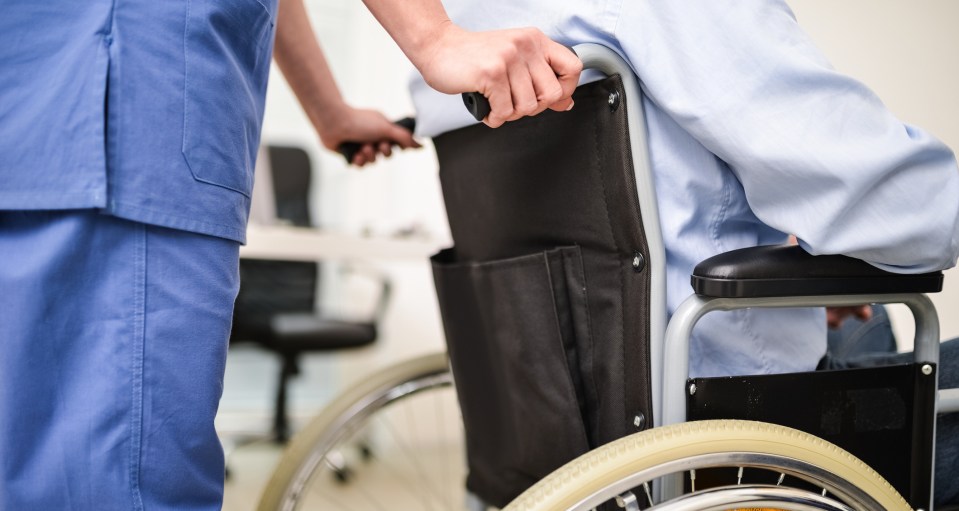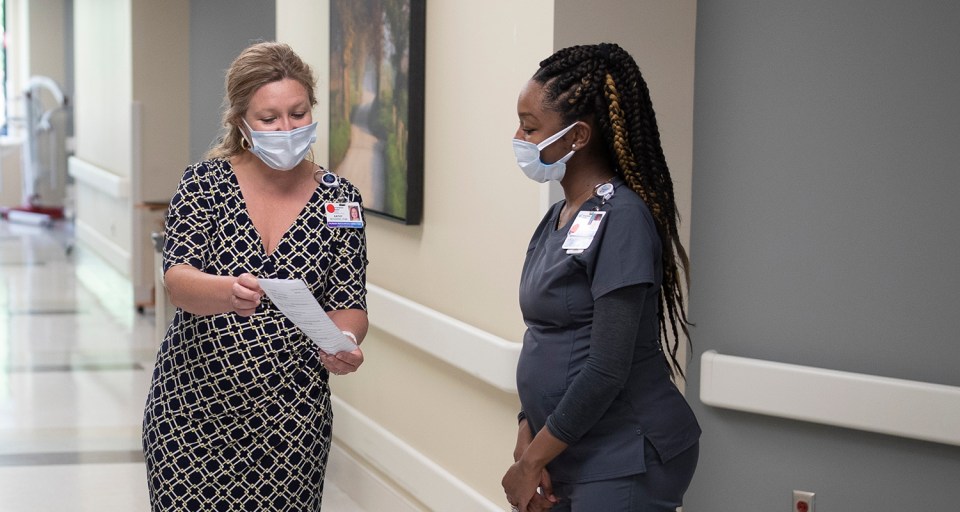There are days in our lives that bring great joy to our hearts and a smile to our faces. There is the first day of school, with all the anticipation of the new year and the last day of school, with the summer months just waiting for us to relax. Our wedding day and the birth of our children. Then there is the day we prepare to leave the hospital after a surgery or rehabilitation stay. We view this day as a major step from illness to recovery, but it is also a potential problem for the ill-prepared.
Hospitalizations have become an accelerated process with hospital stays getting shorter every year. There are numerous potential pitfalls, but a little planning can go a long way. You may be bombarded with more information than you can keep straight.
My wife and I have gone through this process several times. Even though I am a physician, there have been multiple times when we have looked at each other and asked, “What do you think she meant?” The notes we took usually saved the day.
Most hospitals have worked hard to improve the discharge process. But despite their efforts, patients and families consistently rate it as one of the most stressful aspects of their hospital stay.
What to Know as You Prepare to Leave the Hospital
Medicare (CMS) has created “Your Discharge Planning Checklist,” that you can download online. This six-page document lists 22 different areas to cover with your doctor and health care team. In an ideal world, the medical professionals will help you cover all of these. But, in the excitement of getting to go home, I believe trying to remember all of these may be too much for us to remember. Here is my “Top 6” List.
Understand Your Medications
It seems obvious, but this is the greatest source of confusion. You have the medicines at home that you were taking before you came to the hospital. When you checked into the hospital, these same medicines may have been changed to a generic or another equivalent medication that was substituted for the one you took at home. You may not be aware that the new prescription that the doctor gives you at discharge is really the same medicine you have been taking before. This may put you at risk to take a harmful double dose.
- Have your nurse or doctor carefully go over your old and new medication list to make sure everyone is on the same page.
- Only use one pharmacy, so that the pharmacist will have a record of all your medicines and can identify any potential problems.
- Have the hospital or pharmacy send your “final” list of medications to your primary doctor.
Red Flags
When you are in the hospital, help is only a “call buzzer” away. Spike a fever and a nurse will draw your blood. Cough up something green and you will get a chest X-ray. But, once you are home, it is hard to know what warrants a call to the doctor. Do not settle for the computer-generated form that the hospital hands out to patients.
- Ask your doctor for your specific condition’s “red flags.”
- How much pain is too much pain?
- How long will it continue to hurt when you urinate?
- How much longer will I be coughing?
- Is there anything special that should make me race to the emergency room rather than call my doctor?
Who Do You call?
Get the specific phone numbers of who to call if there is a problem. My wife had surgery on a Friday, so I asked the doctor for the name of the doctor who would be on call that weekend and if he would let them know that we are “out there.” Make sure that someone at the hospital you are leaving lets your primary care doctor know that you are “loose on the street.” I always gave patients a copy of their entire lab results and X-ray reports to carry back to their main doctor. If they get into trouble before a scheduled appointment, then they have the critical information with them.
Schedule Follow Up Appointments
One of the main causes of readmission to the hospital is that the patient has not had appropriate follow-up after they leave the hospital. You may be told to see your “regular” doctor in 10 days, but when you call, they cannot see you for six weeks. Have the nurse or case manager at the hospital you are leaving call and make the appointment. Insist on it!
Start a Notebook
Hopefully, your hospital will give you a notebook that has sections for all the things we covered and more. As a rule, when you come home from the hospital you have bundles of papers, some important and others destined for the recycling bin. Stick the important ones in a notebook or folder. Take your notebook with you to each doctor’s visit so you have a list of your medicines, doctor’s names, laboratory results and instructions all in one place.
Get Help from Family and Friends
If you cannot get all these questions answered yourself, then assign one family member or friend to oversee the process. It is your healthcare providers’ responsibility to make sure you get this information.
But ultimately, once you are home, it is going to be you and your family’s responsibility to remember the key information. It is in your best interests to keep it organized.
It just may save your life!
The content of this site is for informational purposes only and should not be taken as professional medical advice. Always seek the advice of your physician or other qualified healthcare provider with any questions you may have regarding any medical conditions or treatments.




